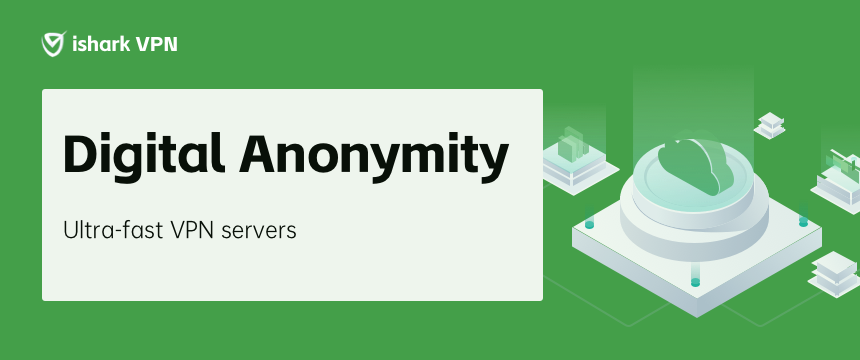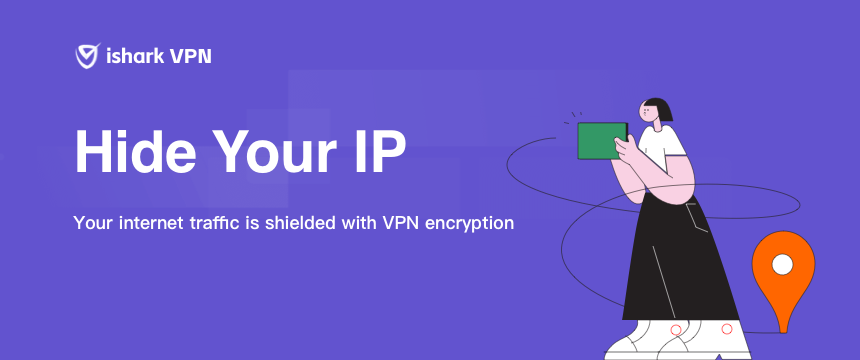VPN Privacy Protection and Anonymity in Social Media Usage
ishark blog article
In today's digital age, social media platforms have become essential places for people to communicate, share, and interact. However, concerns over personal data and online privacy have arisen as a result.
To safeguard personal information and maintain privacy, an increasing number of users are turning to Virtual Private Networks (VPN) to protect their data and anonymity on social media platforms.
This article explores VPN role in privacy protection and anonymity on social media, as well as its practical effects in bypassing geographical restrictions, safeguarding personal identity, and preventing tracking.

Bypassing Geographical Restrictions:
Challenge of Geographical Restrictions: Certain social media platforms restrict access or block specific content based on the user's geographical location, causing inconvenience and limitations for users.
Role of VPN: By connecting to servers in different countries or regions, VPN provide users with different IP addresses, enabling them to bypass geographical restrictions and access restricted social media content.
Safeguarding Personal Identity:
Data Encryption: VPN employ robust encryption technologies to encrypt users' data transmission, preventing third-party entities from stealing sensitive information.
Anonymous IP Address: By connecting to a VPN server, users' real IP addresses are hidden, making it difficult to directly associate their online activities with their identities.
Public Wi-Fi Protection: When using public Wi-Fi networks, VPN encrypt users' data traffic, preventing hackers and eavesdroppers from accessing users' personal information.
Preventing Tracking:
Preventing Social Media Platform Tracking: Social media platforms often collect users' browsing history, preferences, and behavioral data for targeted advertising and personalized recommendations. By using VPN, users can conceal their real identities and location information, reducing the likelihood of being tracked by platforms.
Ad and Tracker Blocking: Some VPN offer ad and tracker blocking features, preventing ads and trackers on social media platforms from collecting user data, thereby enhancing users' privacy protection.
Practical Effects of VPN in Social Media Usage:
Data Privacy Protection: By using VPN, users' personal information and communication content are encrypted and protected, preventing third parties from accessing and exploiting them.
Identity Anonymity: VPN provide anonymous IP addresses, making it harder for users' online activities to be traced and linked to their real identities.
Unrestricted Access to Geographically Restricted Content: VPN bypass geographical restrictions, allowing users to freely access social media content from around the world.
Ad Blocking and Tracker Interception: Through VPN' ad and tracker blocking functionality, users can reduce ad interference and data collection on social media platforms.
Secure Public Wi-Fi Usage: VPN protect users' personal information and sensitive data when using public Wi-Fi networks.

Conclusion:
VPN play a crucial role in privacy protection and anonymity in social media usage. By offering functionalities such as bypassing geographical restrictions, safeguarding personal identity, and preventing tracking, VPN provide users with enhanced privacy protection and anonymity.
However, users should choose trustworthy VPN service providers and be aware of VPN limitations, such as data leaks and performance impacts, to ensure their online privacy and data security.









